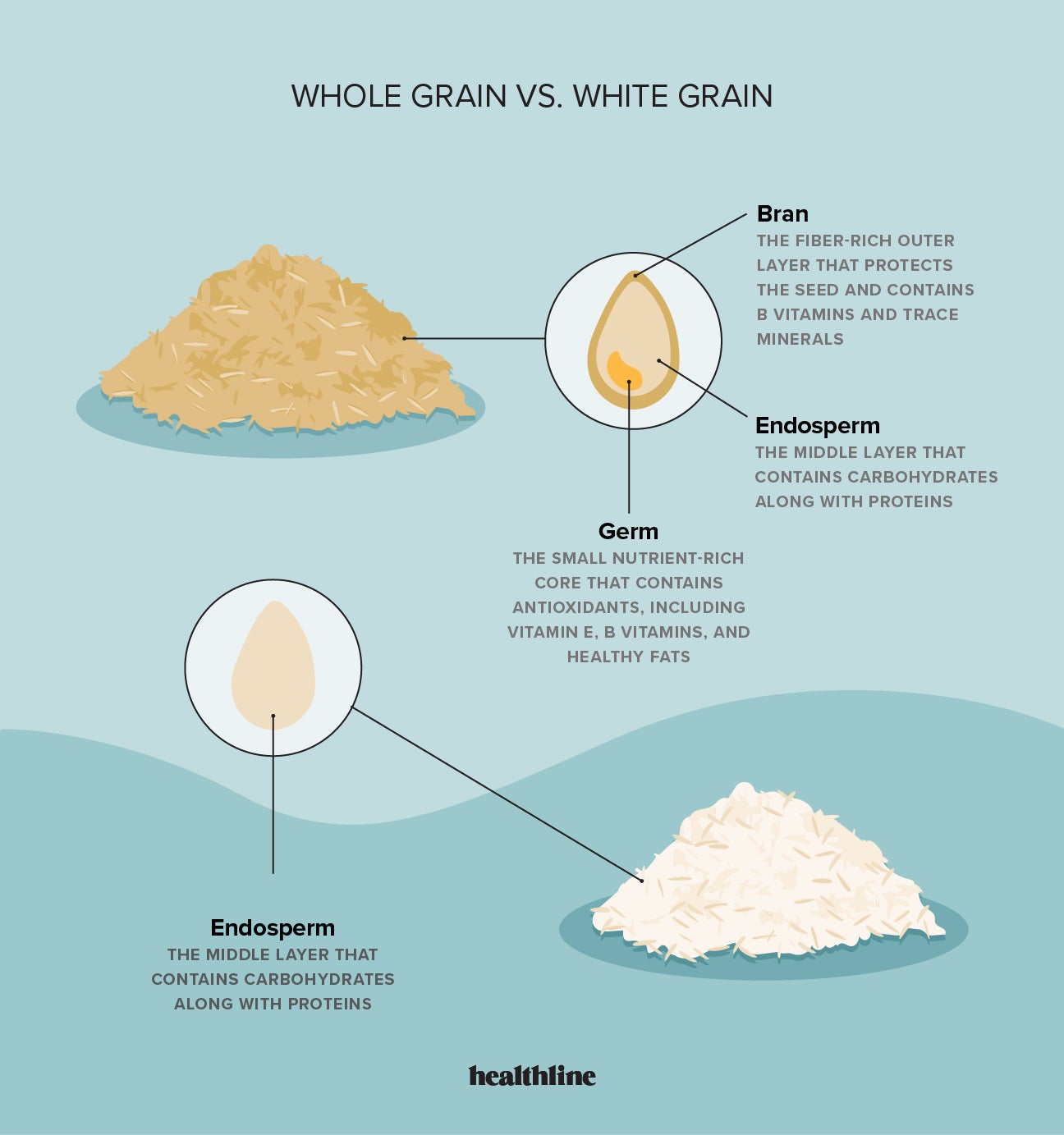
Essential 28-Day Mediterranean Diet Meal Plan to Optimize Your Health
The Mediterranean diet has long been celebrated for its health benefits, particularly in promoting heart health and aiding in weight management. This ancient dietary pattern, rooted in the culinary traditions of countries bordering the Mediterranean Sea, emphasizes whole foods, healthy fats, and fresh produce. In 2025, this effective 28-day Mediterranean diet meal plan serves as a comprehensive guide to optimizing your health and embracing a sustainable lifestyle that balances flavor with wellness.
This meal plan is designed for everyone, whether you are a beginner looking for accessible Mediterranean diet recipes or someone seeking to refine your meal prep strategies. Packed with nutrient-rich foods—think vegetables, fruits, whole grains, legumes, fish, and healthy fats—this plan also caters to diverse dietary needs, including vegetarian options and low-carb Mediterranean meals.
Throughout this article, we will provide a detailed grocery list, practical meal planning tips, and delicious recipe ideas that will not only simplify your weeknight cooking but also enhance your overall dining experience. Get ready to savor the benefits of Mediterranean meals, starting today!
Key Takeaways:
- Understanding the fundamentals of the Mediterranean diet and its many benefits.
- Accessing easy Mediterranean recipes that fit your lifestyle.
- Learning meal prep techniques to ensure consistent healthy eating.
- Exploring a variety of meal ideas to suit all occasions.
Comprehensive Grocery List for the Mediterranean Diet
Before diving into meal prep, it’s crucial to stock up your kitchen with the right ingredients. Having a Mediterranean diet grocery list will make shopping simple and your meal planning seamless.
Fruits and Vegetables
Start with a colorful assortment of fresh produce. Prioritize seasonal Mediterranean foods like ripe tomatoes, bell peppers, leafy greens, cucumbers, and citrus fruits. These ingredients are not only flavorful but also packed with vitamins and antioxidants, contributing to your overall health.
Whole Grains
Select whole grains such as quinoa, barley, bulgur, and brown rice as staple carbohydrates. These grains are rich in fiber, aiding digestion and providing long-lasting energy. Incorporating them into your meals can enhance both flavor and nutritional value.
Healthy Fats
Good sources of fat are central to the Mediterranean diet. Stock your pantry with extra virgin olive oil, nuts, seeds, and avocados. These foods are high in healthy fats, which are beneficial for heart health and can assist in weight management.
Proteins
Choose high-protein Mediterranean meals by integrating lean proteins like chicken, turkey, fish, and legumes. Whether opting for grilled salmon or chickpeas, these proteins will keep you full and satisfied without excess calories.
Dairy and Eggs
Incorporate moderate amounts of dairy such as Greek yogurt and feta cheese. Eggs are also a versatile protein source that is a staple in many Mediterranean meals. Opt for low-fat varieties to maintain a balanced diet.
Weekly Mediterranean Meal Plan: The First Two Weeks
With your grocery list ready, let's discuss how to structure your meals with this weekly Mediterranean meal plan for the first two weeks. Each day's plan will include breakfast, lunch, dinner, and snacks to keep you energized and satisfied.
Week 1: Daily Meal Breakdown
This week is crafted to introduce you gradually to the Mediterranean diet, featuring wholesome and balanced meals.
**Day 1:** Start with a Greek yogurt parfait topped with seasonal fruits and nuts for breakfast, a quinoa salad for lunch, a grilled chicken with vegetable skewers for dinner, and sliced bell peppers with hummus for snacks.
**Day 2:** Enjoy overnight oats prepared with chia seeds and almond milk for breakfast, a hearty lentil soup for lunch, a baked fish dish infused with Mediterranean herbs for dinner, and a handful of olives for snacks.
Repeat variations of these meals throughout the week, alternating proteins and vegetables while keeping the grain base consistent.
Week 2: Introducing Variety
In this week, add more variety with seasonal Mediterranean foods and experiment with different flavors.
**Day 8:** Savor scrambled eggs with spinach and tomatoes for breakfast, a tabbouleh salad for lunch, a ratatouille with whole grain pasta for dinner, and Greek yogurt with honey for snacks.
**Day 9:** Delight in a smoothie with kale, banana, and almond butter for breakfast, a chickpea salad for lunch, grilled lamb wraps with tzatziki sauce for dinner, and fruit slices for snacks.
Simple Mediterranean Diet Recipes for Every Meal
Now that you have a plan, it’s time to explore some easy Mediterranean recipes to spice up your daily meals. These recipes cater to various occasions, ensuring you’ll never get bored with your food.
Breakfast Options
Start your day off right with these Mediterranean breakfast options. Consider a Mediterranean breakfast bowl filled with quinoa, avocado, and a poached egg, or enjoy a smoothie packed with spinach, banana, and almond milk for a refreshing start.
Lunch Ideas
For lunch, try a Mediterranean grain bowl loaded with farro, roasted vegetables, and chickpeas, drizzled with tahini for added flavor. Alternatively, a classic Greek salad topped with tuna can provide you with the necessary nutrients and keep you full through the afternoon.
Dinner Recipes
Please consider grilling fish with a lemon-oregano marinade, served alongside asparagus or zucchini. Another option is to prepare stuffed bell peppers with quinoa and ground turkey, incorporating Mediterranean spices for a delicious twist.
Snacks and Light Bites
Don’t overlook snacks; make them nutritious and satisfying. Create a platter of Mediterranean diet snacks like hummus, fresh veggies, olives, and whole-grain pita. Baked pita chips with a light olive oil drizzle offer a crunchy treat to complement your meals.
Exploring Variations and Customizations
Customization is key to maintaining your interest in the Mediterranean diet. Feel free to swap ingredients and flavors to fit your palate. Use the spices common in Mediterranean cooking to enhance your dishes, like oregano, cumin, and coriander, for a truly authentic experience.